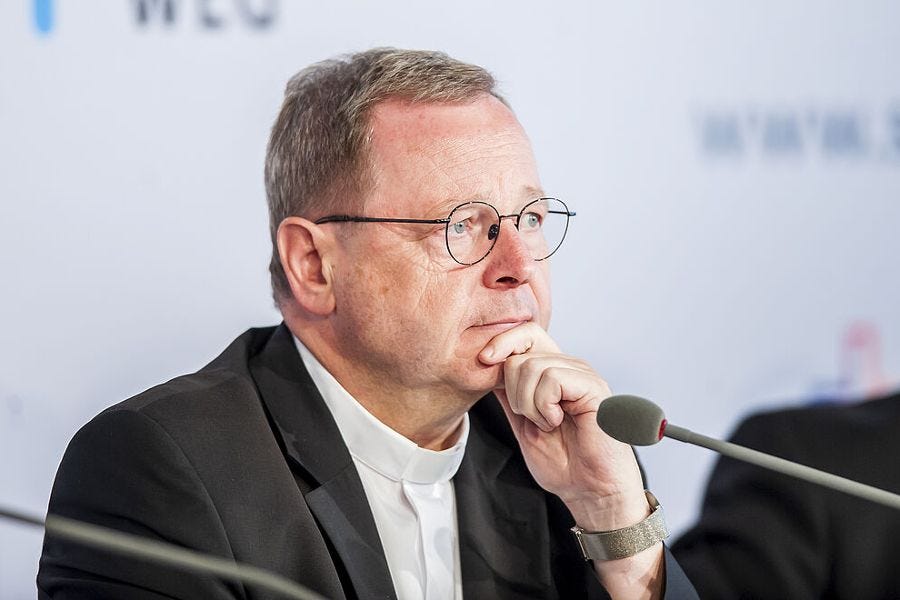German bishops’ leader: ‘The Synodal Process has already changed the Church’
Bishop Georg Bätzing said a new Vatican document was ‘an encouragement to the Church in Germany to seek dialogue with the other particular churches.’

The global synodal process has already changed the Church, the head of the German Catholic bishops’ conference said Thursday.
In an Oct. 27 statement, Bishop Georg Bätzing welcomed the publication of a new Vatican document guiding the synod on synodality’s continental phase.
He said: “After only one year, this Synodal Process has generated a dynamic that …
